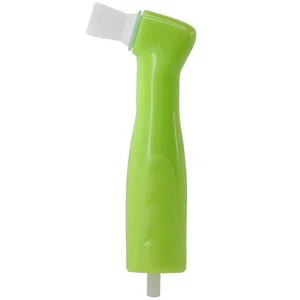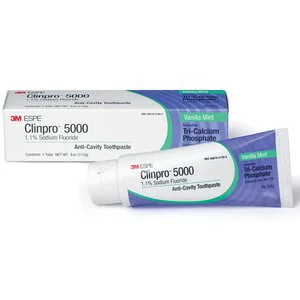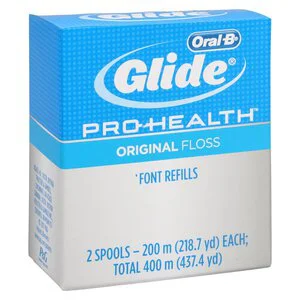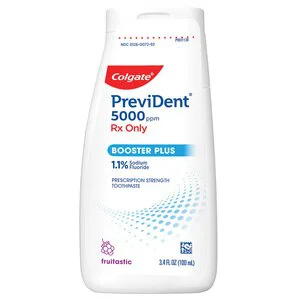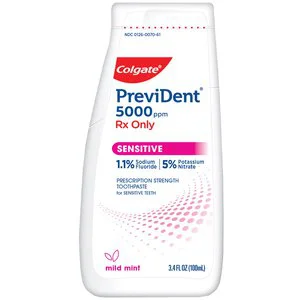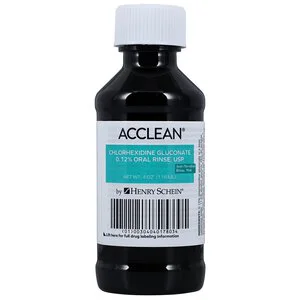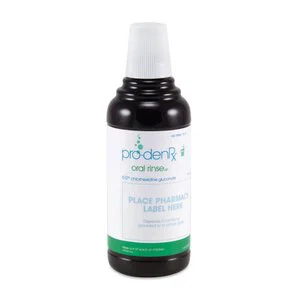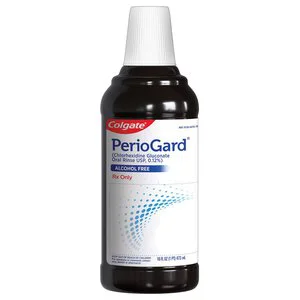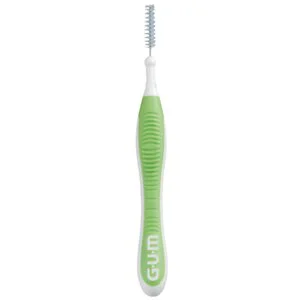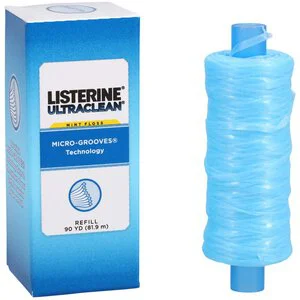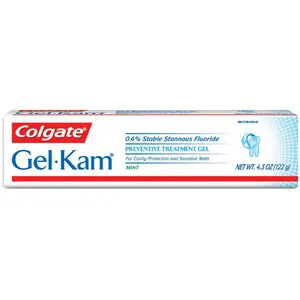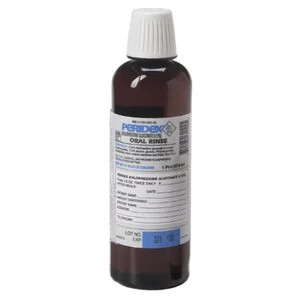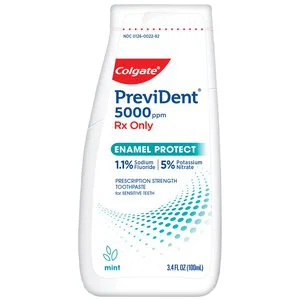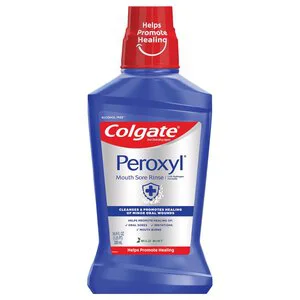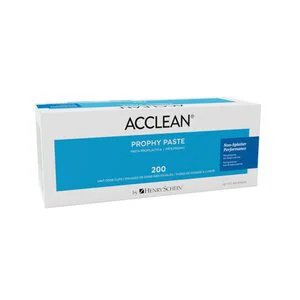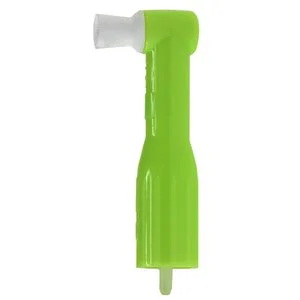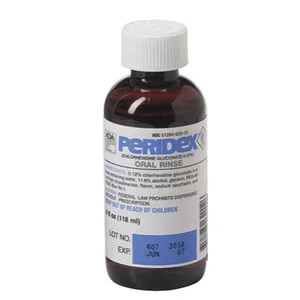Filter Products
Filter Products
Preventives
As low as
$14.81As low as
$14.53As low as
$4.54As low as
$5.49As low as
$13.49As low as
$7.49What is preventive dental care and what does it include?
Preventive dental care is any type of dental care that is done to prevent problems from happening. This includes things like:
- Regular checkups and cleanings: These appointments allow your dentist to examine your teeth and gums for any signs of problems. They can also remove plaque and tartar buildup, which can lead to cavities and gum disease.
- Fluoride treatments: Fluoride is a mineral that helps to strengthen teeth and make them more resistant to decay. It can be applied to teeth in a variety of ways, including fluoride toothpaste, mouthwash, and gels.
- Sealants: A clear, protective coating that can be applied to the chewing surfaces of teeth. This helps to prevent plaque and food particles from getting stuck in the grooves of the teeth, which can lead to cavities.
- Dental X-rays: These can help your dentist see inside your teeth and gums for any problems that cannot be seen with the naked eye. This can help to catch problems early when they are easier to treat.
Why is preventive dental care important?
There are many reasons why preventive dental care is important. Here are just a few:
- Helps to prevent cavities and gum disease. Two of the most common dental problems are cavities and gum disease. They can cause pain, tooth loss, and other health problems. Preventive care can help to keep these problems from happening in the first place.
- Saves money. The cost of treating cavities and gum disease can be expensive. Preventive care can help to catch problems early when they are less expensive to treat.
- Improves overall health. Maintaining optimal oral health is important for overall health. Research has shown a correlation between poor oral health and increased susceptibility to various health issues, including heart disease, stroke, and diabetes.
What types of products can patients use for preventive dental care?
In preventive dental care, several types of products are commonly used to maintain oral health and prevent dental issues. These include:
- Toothbrushes: An essential tool for oral hygiene. Dental professionals often recommend using a soft-bristled toothbrush to gently clean teeth and gums. Manual and electric toothbrushes are available, and both can be effective when used correctly.
- Toothpaste: Helps remove plaque, prevent tooth decay, and strengthen tooth enamel. Fluoride toothpaste is particularly important for its ability to remineralize teeth and prevent cavities. Regular and specialty & prescription toothpaste options are available to meet specific oral health needs.
- Dental Floss: Used to clean between the teeth and along the gum line, where a toothbrush cannot reach. Regular flossing helps remove plaque, reduce the risk of gum disease, and prevent cavities between the teeth.
- Mouthwash and Mouth Rinse: An antimicrobial solution used to rinse the mouth. It freshens breath, helps to kill bacteria, and reduces plaque and gingivitis. There are different types of mouthwashes available, including fluoride mouthwash for additional cavity protection.
- Interdental Brushes: Also called proxy brushes or interproximal brushes are small brushes designed to clean between teeth, particularly in spaces where there are gaps, braces, or dental work. They are useful for removing plaque and debris from hard-to-reach areas.
It's important to note that while these products are commonly used in preventive dental care, it is always advisable to consult with a dental professional for personalized advice and recommendations based on the specific oral health needs of the patient.
How can patients get preventive dental care?
The best way patients can get preventive dental care is to see their dentist for regular checkups and cleanings. The American Dental Association (ADA) recommends that adults see their dentist for a cleaning and exam every six months. Children should see their dentist even more often, starting at age one.

